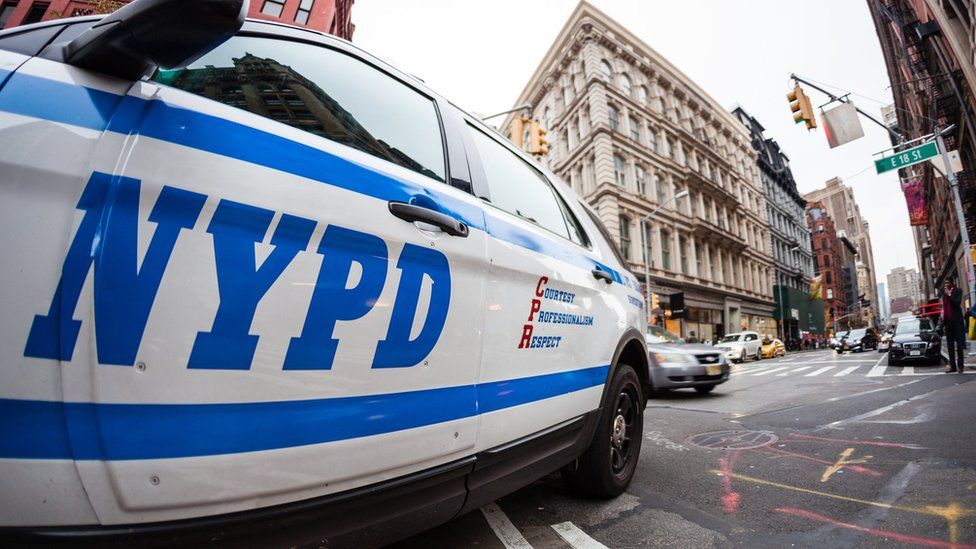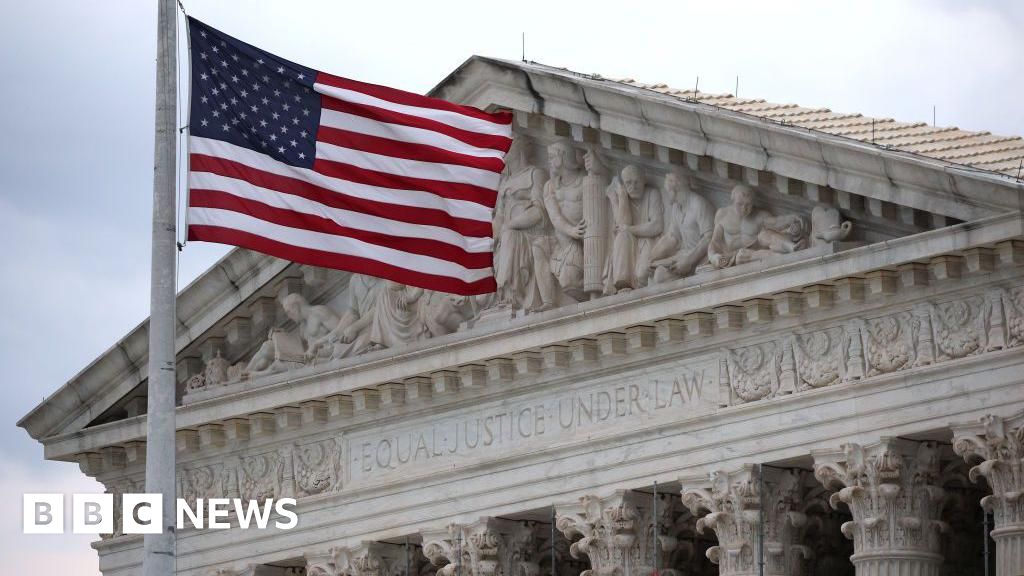ARTICLE AD BOX
 Image source, Getty Images
Image source, Getty Images
New York's police department is to pay $17.5m (£14m) in a class action case led by two Muslim women who were forced to remove their hijabs while having mugshots taken.
The 2018 case argued that Jamilla Clark and Arwa Aziz suffered violations of religious freedom and privacy.
Lawyers say more than 3,600 people are eligible for pay-outs under the deal.
Police policy changed four years ago to allow hijabs. The city said the case had "resulted in a positive reform".
The compensation deal must still be approved by the federal judge overseeing the case, however.
According to court records, Ms Clark wept and begged to put her hijab back on while police took her photo.
"When they forced me to take off my hijab, I felt as if I were naked, I'm not sure if words can capture how exposed and violated I felt," Ms Clark said in a statement on Friday.
"I'm so proud today to have played a part in getting justice for thousands of New Yorkers. This settlement proves I was right all those years ago when I said it was wrong to remove my hijab for a mugshot.
"I hope no New Yorker ever has to experience what I went through."
Lawyers for the women argued that the police policy enforcing the removal of head coverings violated their rights to privacy, as well their religious freedoms.
In a statement to the New York Times, the city's law department said the agreement "carefully balances the department's respect for firmly held religious beliefs with the important law enforcement need to take arrest photos".
"This resolution was in the best interest of all parties."
The money is expected to be split among thousands of plaintiffs who were arrested between March 2014 to August 2021. Lawyers say individuals could receive payments of approximately $7,000 to $13,000.
The Council on American-Islamic Relations (CAIR), the largest Muslim advocacy group in the US, praised the women, saying that the change will affect people of other faiths who also wear religious head covers.
"We send our appreciation to the Muslim women who bravely persisted with this litigation, prompting policy change that benefit many with similar religious garb requirement," said CAIR's New York Executive Director Afaf Nasher.

 1 year ago
71
1 year ago
71








 English (US) ·
English (US) ·